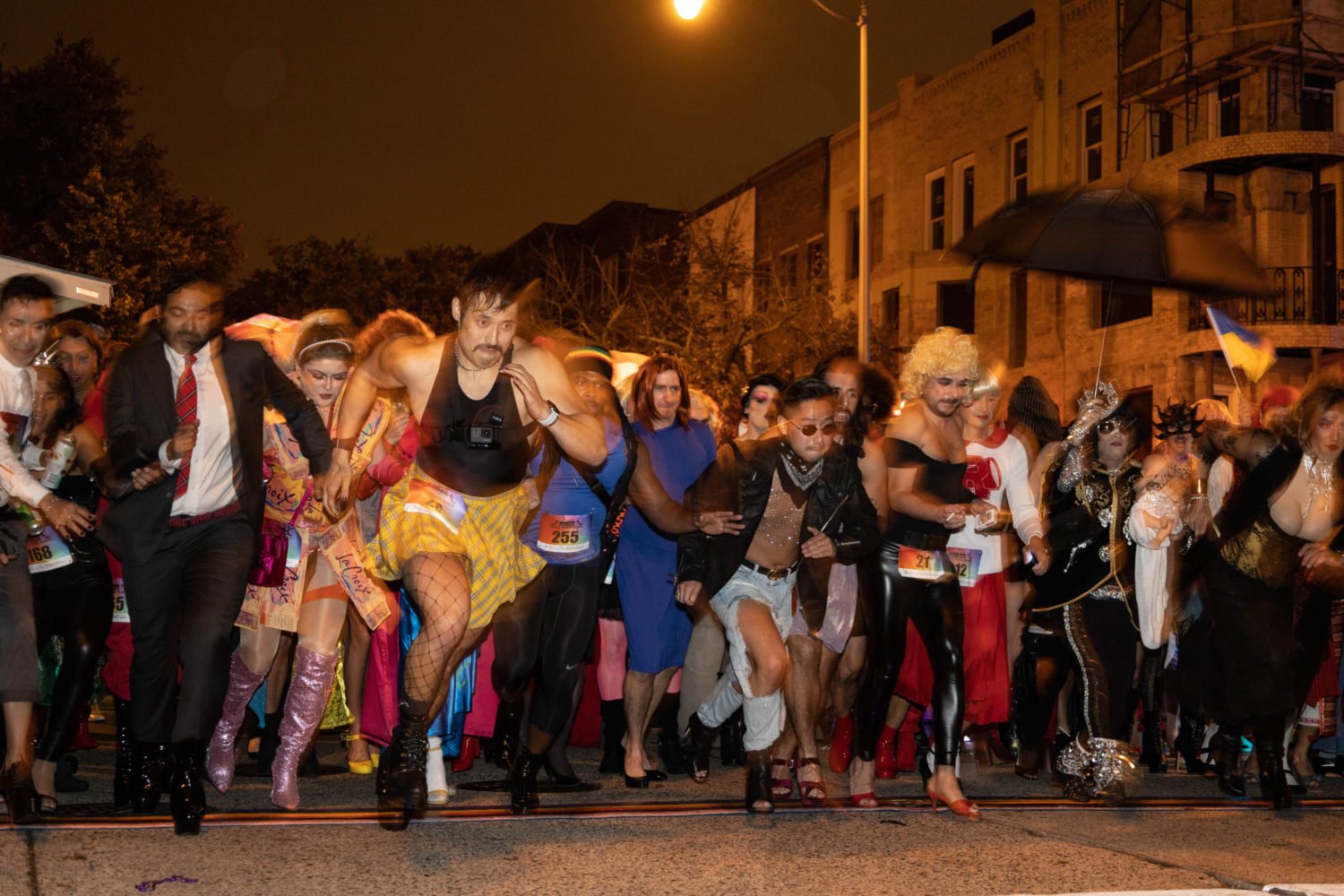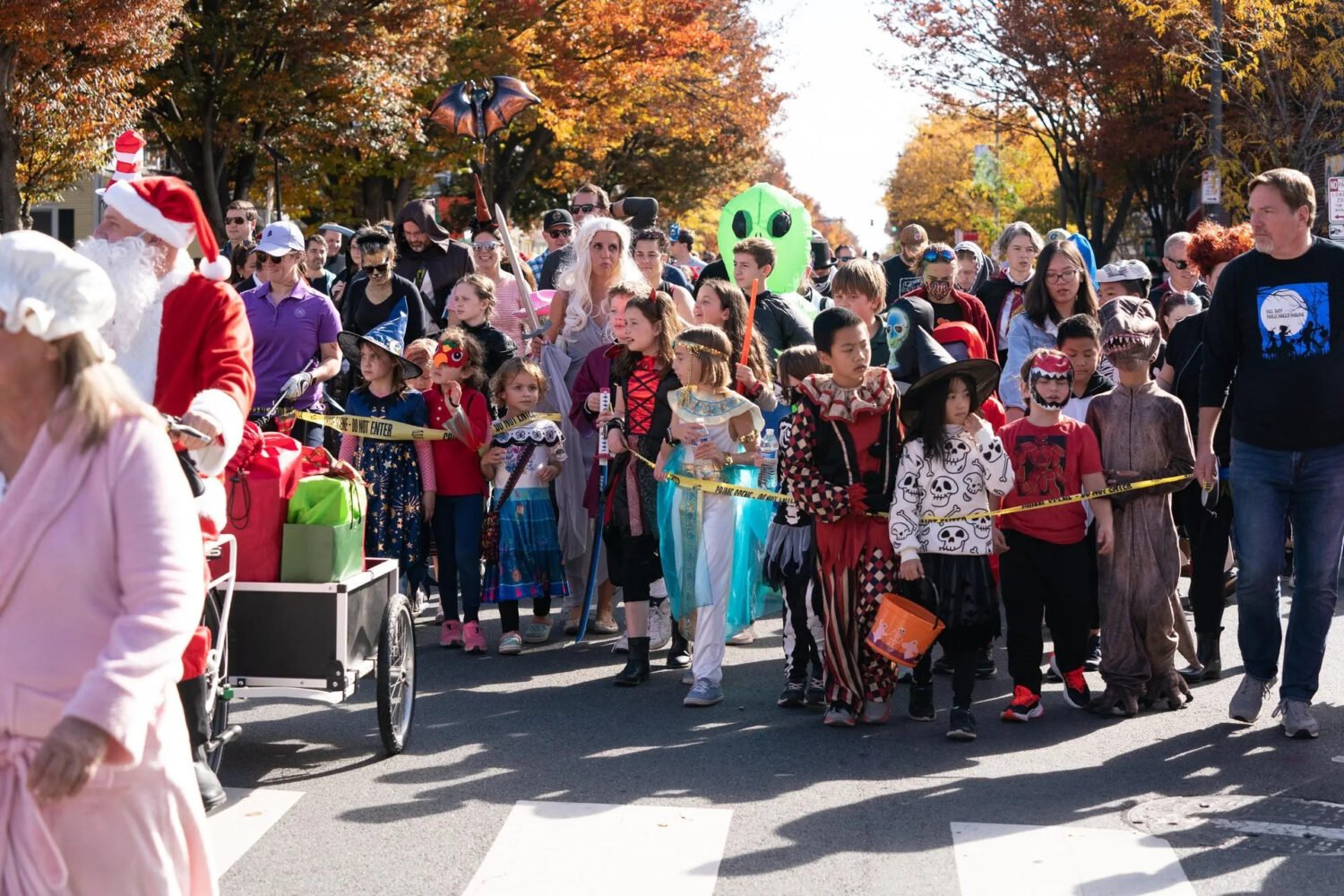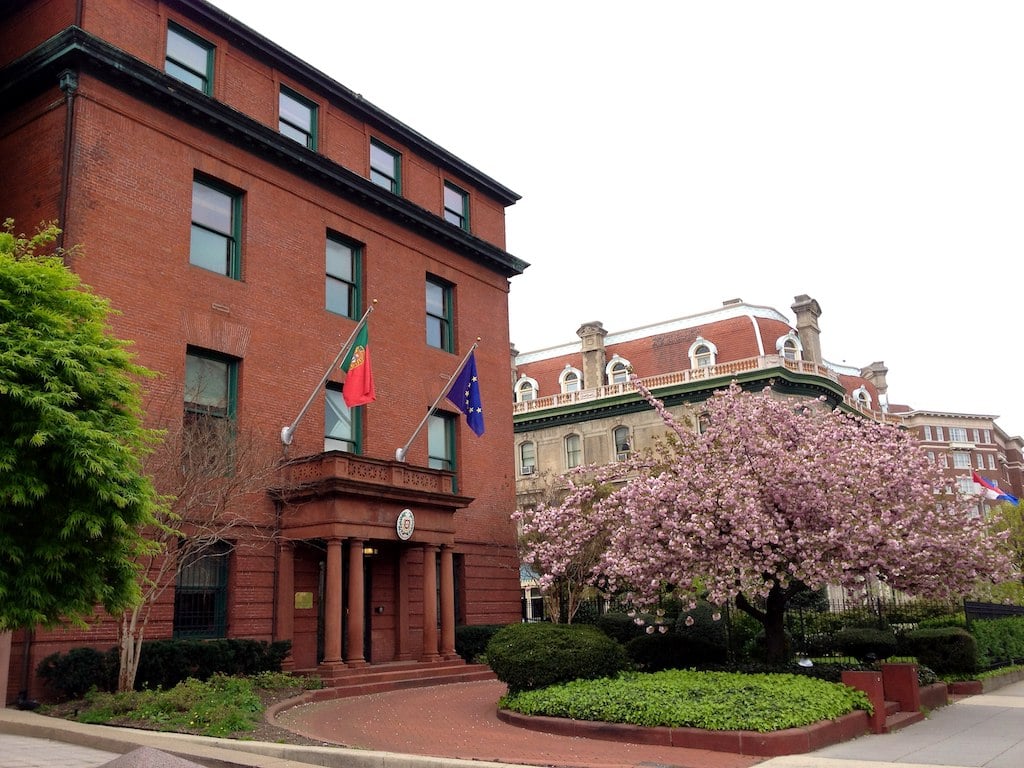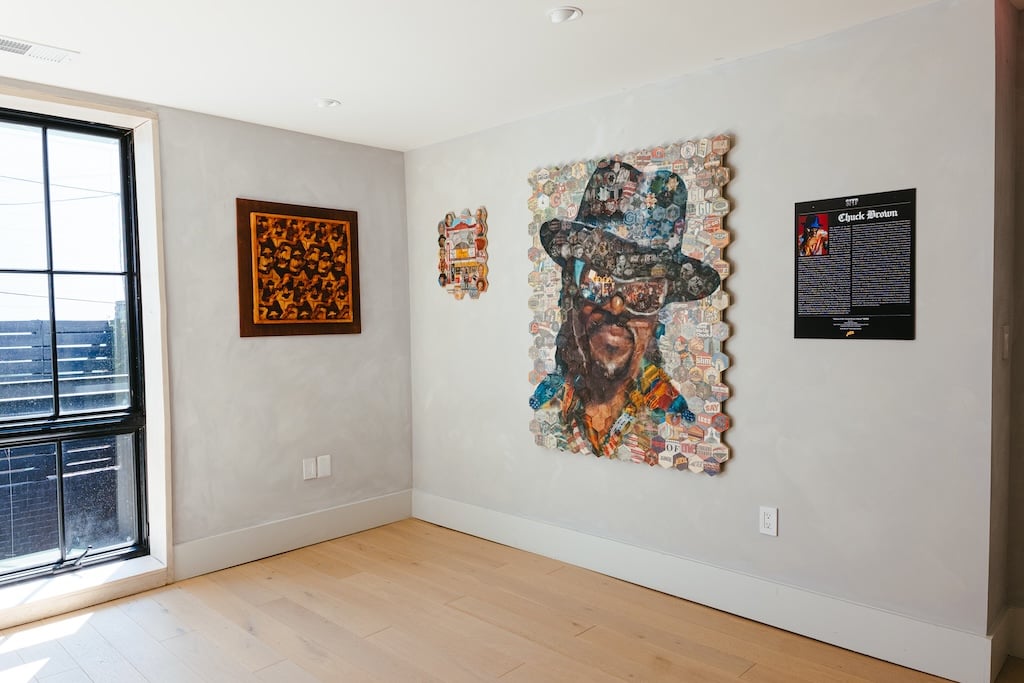Despite his credentials directing shows all over the world,
Stephen Rayne might be seen as an odd choice to
helm Ford’s Theatre’s 75th-anniversary production of Thornton
Wilder’s
Our Town. For one thing, Rayne is
British and Our Town is a quintessentially American drama. For another,
he’s never seen the play.
“I guess people will ask why on earth they’re
getting an English director,” says Rayne. “But I’m very attracted to what
Wilder wanted the play to be originally, which was one that spoke to
people from all cultures across the world. He didn’t think he’d written a
play about a small community in New England—he thought he’d written a play
modeled on Greek drama.”
Rayne lives in London but travels so often for work that he
moved to the suburb of Chiswick to be closer to Heathrow Airport. He’s
directed shows in Washington regularly over the last four years, including
The Merry Wives of Windsor at Shakespeare Theatre Company and the musical
Parade at Ford’s. Most recently, he oversaw The Two Worlds of Charlie
F., an original production using wounded soldiers as performers, in
London’s West End.
Ford’s Our Town—January 25 through February 24—aims to
give the 1938 play about the fictional Grover’s Corners, New Hampshire,
greater relevance for contemporary Washington. The majority of the cast is
people of color, and the pivotal role of the Stage Manager, who acts as a
narrator, is played by a younger African-American woman as opposed to the
more common older white man.
“If you look at a theater today, a stage
manager won’t be a 60-year-old smoking a pipe,” says Rayne. “I’m trying to
shift the play into the 21st century and have it speak to a modern
audience.”
As for never having seen Our Town, he says: “I think
if you see a production, it colors your perception. It’s like a new play
to me, and I’m trying to treat it as such.”
Our Town. January 25 to February 24 at Ford’s Theatre. Tickets ($20 to $62) available online.
This article appears in the January 2013 issue of The Washingtonian.
















